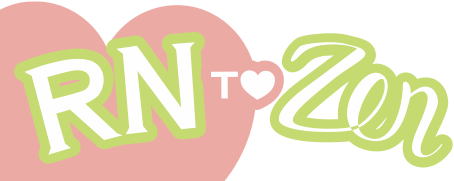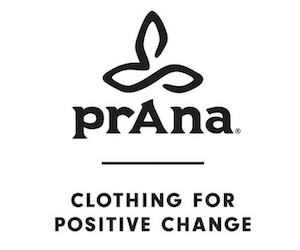Shea Butter:
The beauty industry has come to appreciate the uses and benefits of shea butter. Specifically, you’ll shea butter infused in lotions, soaps, lip balms and many other applications.
Extracted from the shea (karite) tree common in West and East Africa, shea butter is rich in fats. In addition, rich in vitamin A, E, cetyl esters, and poly-nutrients. Thus, some of the reasons why it makes for such a great product when it comes to moisturizing the skin. Furthermore, these components are easily absorbed into the skin to provide additional nourishment.
Shea butter is solid at room temperature and can differ slightly in color. For example, white to a more off-white appearance. It is easy to melt and use in applications such as cold process soap making.
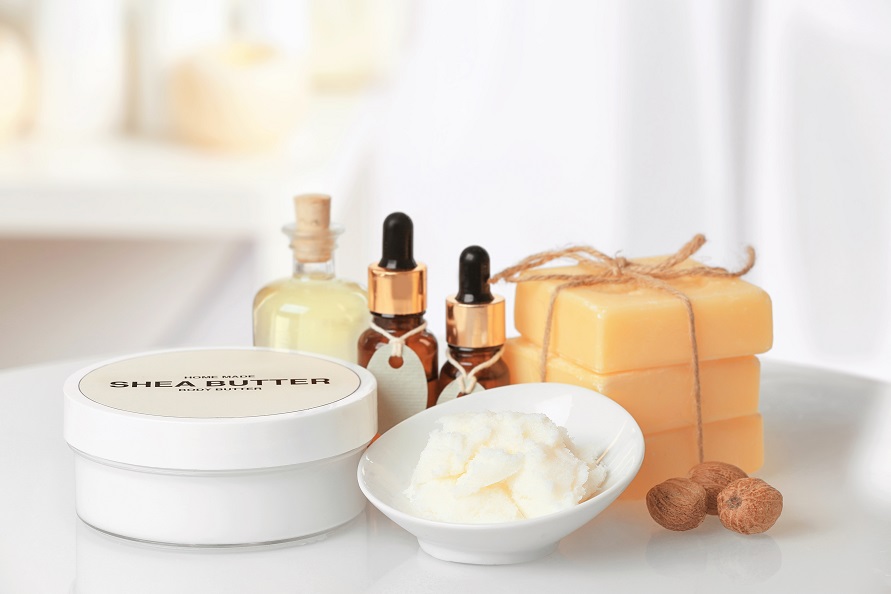
Categories of Shea Butter
Shea butter can be categorized as either raw/organic/Grade A or refined, depending on the process of extraction. Raw shea butter is shea butter in its purest form. Thus, without any additives. Whereas refined shea is striped of some of its natural properties during extraction.
Also, it is usually mixed with other oils or perfumes to mask shea’s natural odor and color. Shea butter is used as a common ingredient in body and hair oils, as well as soaps and other applications.
Uses of Shea Butter:
Shea butter provides a wide range of benefits for the skin. We’ll discuss in detail some of these benefits below.
Furthermore, shea butter is used often because it’s gentle on the skin. It’s versatility has been scene in recent years and popularity continues an upward trend.
Acts As A Moisturizer:
Due to its thick texture, shea butter is excellent in sealing in moisture and the natural skin oils to ensure maximum hydration. However, it is also rapidly absorbed into the skin to help replead lipids.
Similarly, fatty acids keratin and vitamins contained in shea butter, help penetrate through the skin. Thus, helping to better nourish the skin, and maintaining its elasticity.
In addition, the components help leave the skin less oily, contrarily to what you’ll find with some other oils and butters on the market.
It Enhances The Production Of Collagen:
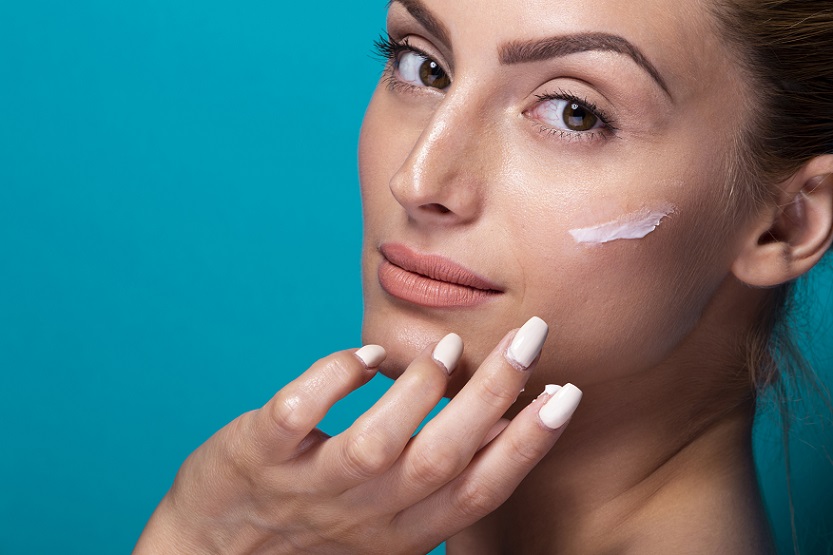
Shea butter contains stearic, linoleic and palmitic acids that help in collagen production and maintaining skin elasticity. Similarly, it helps in preventing cell degeneration. Collagen is the protein responsible for maintaining the skin structure and facilitating cell reproduction.
Thus, contributes to the elimination of stretch-mark’s, the appearance of wrinkles or cellulite on the skin. Vitamins protect against skin drying and ageing. Also, it is used in eye serums to help alleviate those pesky bags under the eyes.
Shea Butter’s Potential For Relieving Skin Conditions:
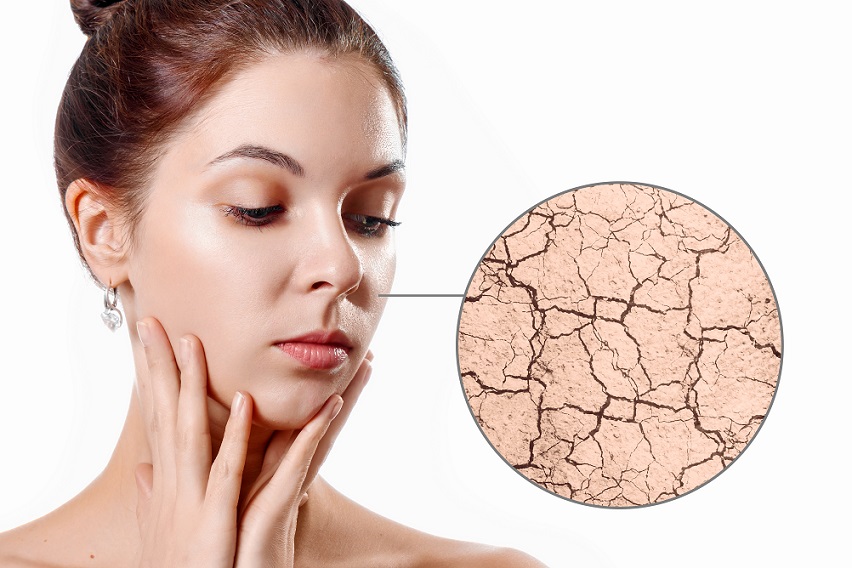
Shea butter’s ability to trap in moisture and skin’s natural oils helps in combating certain skin conditions. For example, acne, eczema, diaper rash, skin cracks and chipping, among others.
It is also used to aide in minimize skin blemishes and scars. Men use it as a balm after shaving to prevent razor bumps, and post razer burn symptoms.
Shea butter is touted for it’s anti-fungal properties as well. Shea Butter can help fight certain skin conditions, like ringworm and athletes foot!
Helps In Protecting The Skin Against UV Rays:

The cinnamic acid and vitamins A, E & F contained in shea butter, help in protecting the skin against sun rays. Furthermore, in relieving sunburns, or even skin irritations caused by insect bites.
However, SHOULD NOT be used by itself in trying to product from harmful UV rays. Shea butter can be a supplemental additive to your other daily treatments for skin issues and protection.
Potential To Promote Skin Healing:
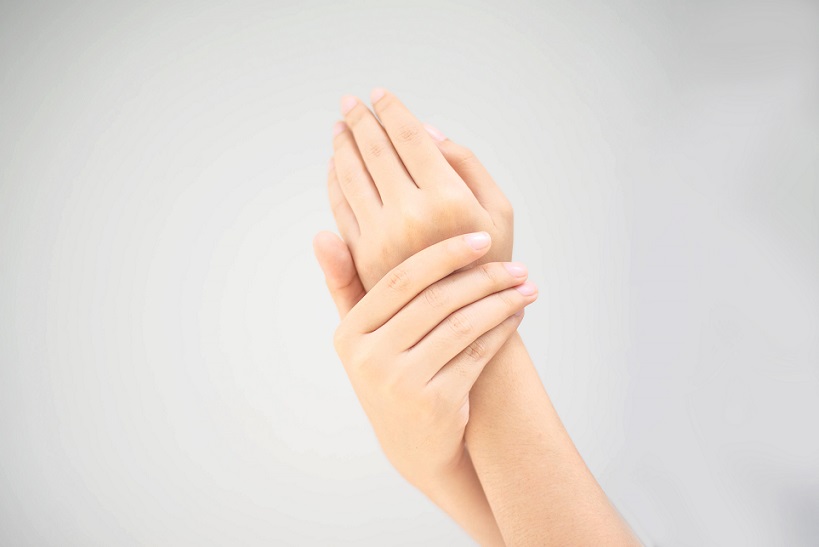
Shea butter has anti-inflammatory properties. Specifically, the plant esters found within. Therefore, shea butter can aide in minimizing environmental irritants. Thus, aiding in relief from rash, infected skin, burns and even eczema. Specifically, may benefit the skin when used as a supplement for the healing process. Similarly, its antibacterial properties help in disinfecting germs and fighting fungal infections.
It also should be noted that many of the healing effects from shea butter are tied to it’s moisturizing and antioxidant properties. The skin itself is able to generate new cells at a rapid rate; when balanced, this process can be more effective and efficient.
However, caution should be applied when using shea butter. An individual should always test for nut allergies before applying it to the skin, as it can cause allergic reactions in some cases.
Final Thoughts!
Shea butter has many benefits for your skin, we’ve just mentioned a few of them. Be sure to use Shea butter as a supplement to whatever other treatments you may have for a specific skin condition. Always first talk with a dermatologist when it comes to supplementing any current treatments.
Please share your experiences with products that may contain Shea butter in our comments section of the blog.
References:
- https://www.healthline.com/health/beauty-skin-care/what-is-shea-butter#acne
- https://pubmed.ncbi.nlm.nih.gov/22499721/
